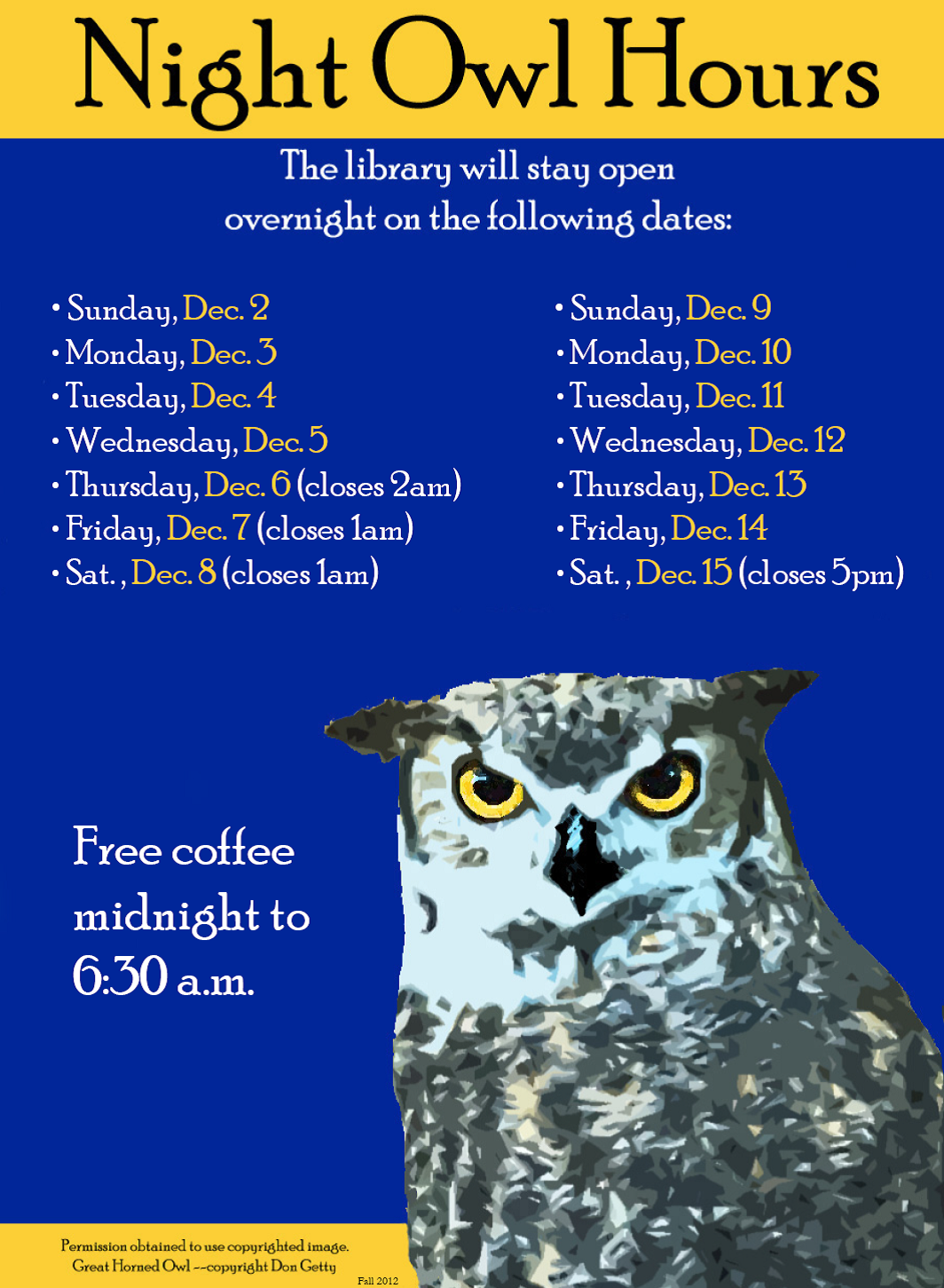
“a night owl”:This refers to a person who habitually stays up late and is active or who works at night, as in “You can call her after midnight, because she’s a night owl”.Did any of your school teachers remind you of a wise owl?.Why aren’t we like that wise old bird?” – Edward H. “A wise old owl sat on an oak the more he saw, the less he spoke the less he spoke, the more he heard.“Can grave and formal pass for wise w hen men the solemn Owl despise?” => Benjamin Franklin.Some famous quotes referring to wise owls: And their large, feathery heads seem to have plenty of room for big brains. Often, their eyes are “framed” as if they’re wearing eyeglasses, which many associate with studious work.

#Night owl person meaning professional#
Owls have a reputation for being wise because their large eyes and stern, professional glare make them look educated. Some synonyms are: wise worldy- wise experienced or intelligent. In lots of stories and myths, owls were associated with wisdom. What does the idiom “as wise as an owl” mean? "If, as a society, we could be more flexible about how we manage time, we could go a long way towards maximizing productivity and minimizing health risks.I received this pic in my mailbox and instantly got inspired. to 5 p.m., but for a night owl, this could result in diminished performance during the morning, lower brain connectivity … and increased daytime sleepiness," Facer-Childs said. The findings also suggest that society in general should be more conscious of how a person's internal clock affects their productivity and health. The researchers called for more studies to further explore how chronotype may affect brain connectivity. The researchers note that they only found an association between reduced brain connectivity in night owls and worse task performance, and cannot prove that reduced brain connectivity actually caused worse performance on these tasks. In contrast, the lower brain connectivity seen in night owls predicted worse performance, slower reaction times and increased sleepiness. These findings highlight the particular disadvantage that night owls experience in the morning, the researchers said.īrain scans show that while in a resting state (not performing any specific task), morning larks had higher brain connectivity than night owls, and this predicted better performance and reaction times during the tasks, as well as reduced sleepiness. In contrast, night owls did best on evening tests, but their performance matched those of morning larks on the evening tests. Participants were also asked to rate how sleepy they were at those times.Īs might be expected, morning larks did best on the early morning tests and performed significantly better than did night owls at this time. Brain connectivity in a resting state (sometimes known as the brain's " default mode network") is thought to be involved in a number of brain functions, including the maintenance of consciousness and self-reflection, as well as attention and memory, the researchers said.įinally, the participants performed several tasks to measure their attention and reaction times at different times of day, from 8 a.m. Then, participants had their brains scanned while in a "resting state," meaning they weren't doing any particular task and could let their mind wander. The participants also wore activity trackers and underwent tests to measure their levels of certain hormones in order to confirm their chronotype. The new study analyzed information from 38 healthy volunteers who filled out a sleep questionnaire to determine their "chronotype," that is, whether they were a night owl or morning lark. 
But few studies have examined whether there is a link between circadian rhythm and people's brain connectivity.

Many of these effects may be attributed to a misalignment between a person's internal clock, or circadian rhythm, and the socially imposed timing of work and other activities. A "night-owl" brainĪ growing body of research suggests that being a night owl could have negative effects on health, including the possibility of increasing a person's risk of early death. "Our study is the first to show a potential intrinsic neuronal mechanism behind why 'night owls' may face cognitive disadvantages when being forced to fit into these constraints," said Facer-Childs, who conducted the work while a researcher at the University of Birmingham's Centre for Human Brain Health in the United Kingdom.







 0 kommentar(er)
0 kommentar(er)
